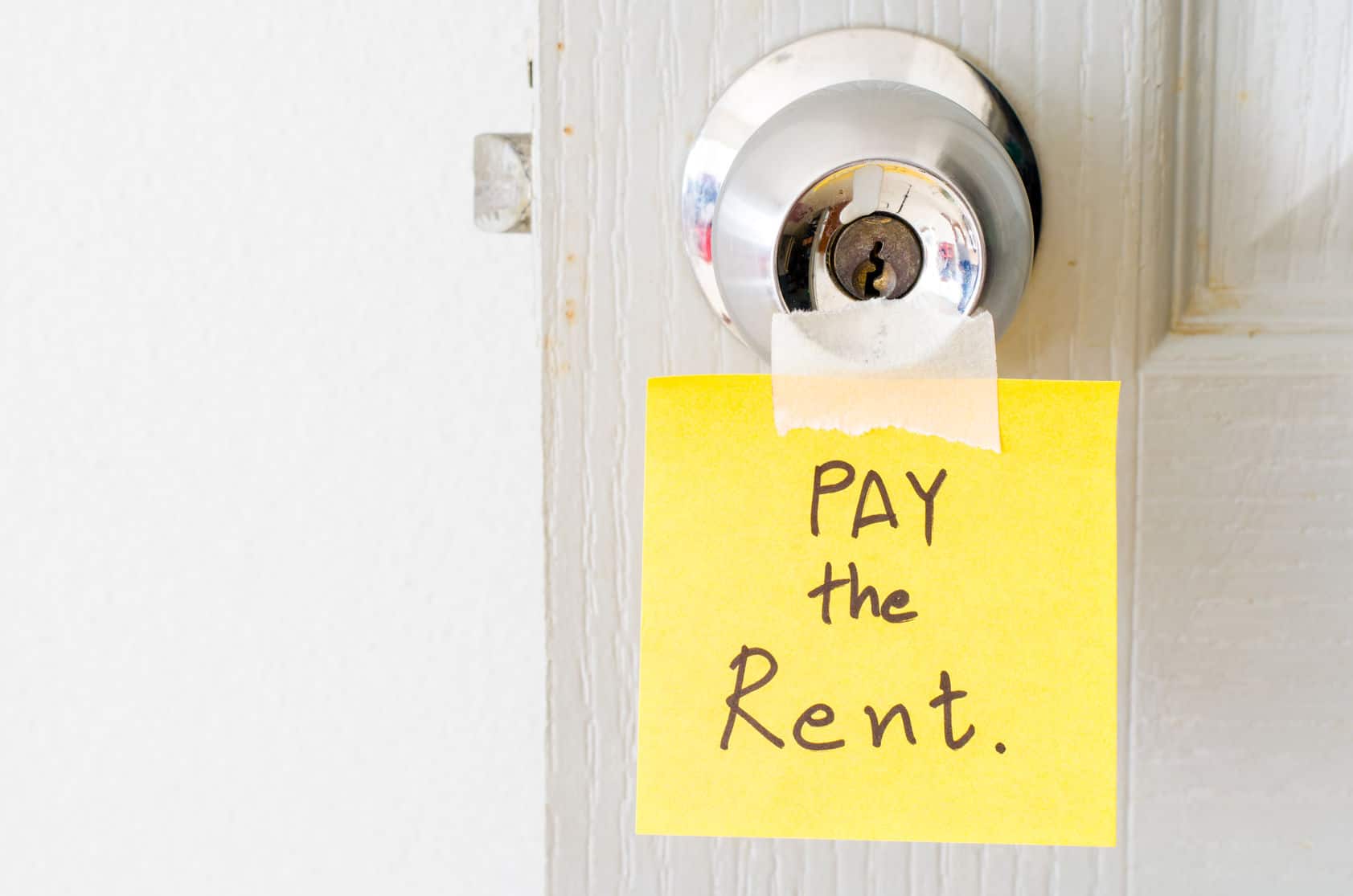Small Apartment Landlords Worry About Payments as Pandemic Continues

In the survey, about 58 percent owned or managed 1-4 units, and 25 percent owned or managed 5 to 19 units. The majority of respondents were in California, Texas and Illinois. About 67 percent of these landlords perceived their rental properties as a source of retirement income.
Since March 2020, the coronavirus pandemic has shut down restaurants and businesses throughout the country, resulting in record-high numbers of unemployment claims. In many cases, the impact on rent payments, though, has been muted with renters able to meet their obligations using the weekly $600 unemployment benefit. With that program ending this week and Congress not close to settling on a new plan, there are fears that renters may start defaulting in greater numbers. This will be particularly acute in the affordable housing space—and small landlords are ill-equipped to handle the storm.
“Small-scale rental properties have historically been a bastion for unsubsidized naturally affordable rents, but they are less likely to have the wherewithal to weather shortfalls in rental income,” said UC Berkeley Terner Center for Housing Innovation managing director Ben Metcalf in a statement. “While the primary response to the current crisis must be large scale rental assistance to tenants, we must also look closely at policy responses to protect and preserve this critical stock of naturally affordable housing,”
About 52 percent of landlords surveyed had at least one tenant not pay rent in the last month, and about 1 in 10 said that fewer than half their tenants paid rent last month. Only 61 percent said they were confident in covering operating costs in the next few months, and 83 percent said they would be interested in a government loan program. Popular features of a possible loan program would include low interest and no repayment for 10 years, with documentation and eviction protections diminishing interest to 61 percent and 56 percent.
Source: Globest.com















 Accessibility
Accessibility